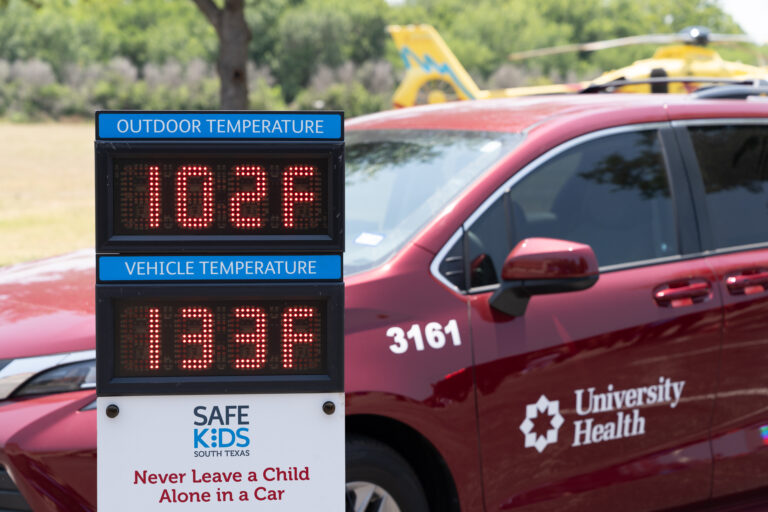EMS
Prehospital Care
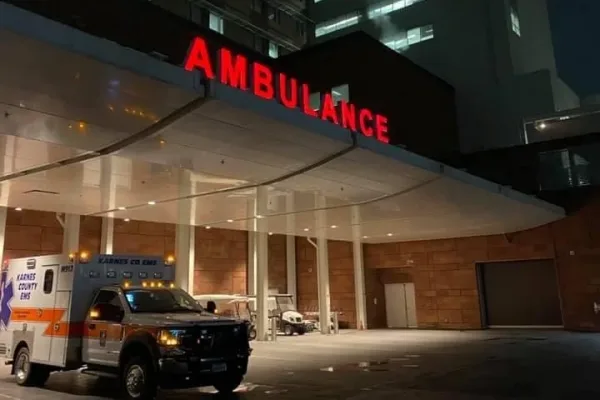
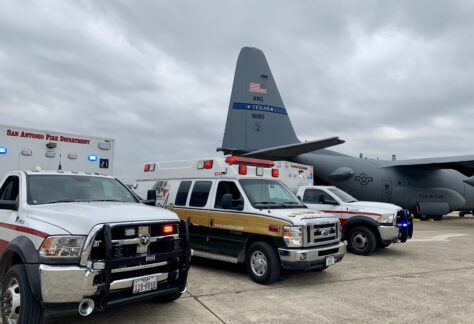
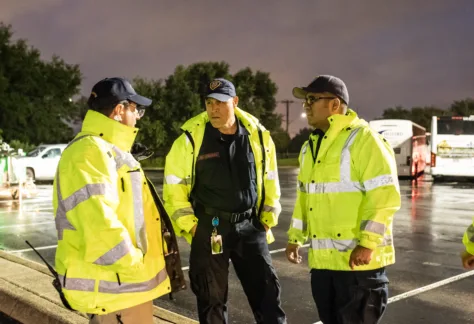
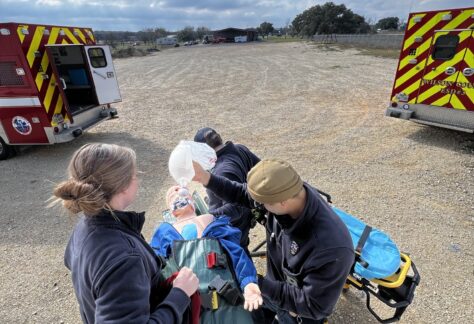

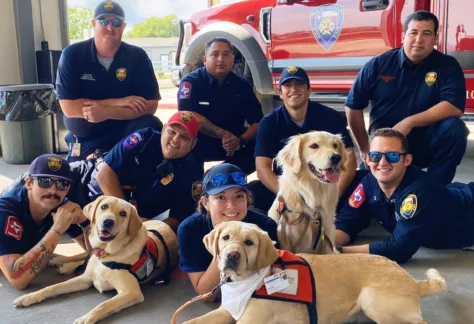
To provide a collegial environment conducive to collaboration and coordination through open discussions between providers and stakeholders of issues, concerns, and ideas for improvement in the prehospital treatment and transport of injured and ill patients, within each agency’s local jurisdictions, Trauma Service Area “P,” and the State of Texas.
If you would like more information about STRAC Prehospital Care, please Contact Us.
Prehospital Programs
The Regional Infection Control Officer (RICO) Program is a co-operative approach to addressing the essential infection control and prevention needs of EMS agencies in the STRAC region.
In the 84th session of the Texas Legislature, SB 1574 was passed, placing requirements on EMS agencies to have Designated Infection Control Officers, increase prevention and reporting processes and allow hospitals to provide better information to EMS providers.
The RICO Program provides a mechanism to normalize, centralize and simplify processes for EMS agencies to meet the requirements of SB1574 and provide consistent, quality infection prevention, rapid assistance from qualified Infection Preventionist providers if an exposure occurs while also ensuring regulatory compliance.
STRAC has partnered with San Antonio Fire Department and the Office of the Medical Director, Emergency Health Sciences Department of the UT Health San Antonio to create the RICO program. Dr. David Miramontes, SAFD/EMS Medical Director oversees the RICO program, and RICO manages the day-to-day operations.
If you would like more information about the STRAC Regional Infection Control Officer Program, please Contact Us.
On Call RICO
24/7 RICO Hotline: 210-355-0804
Secure Fax: 210-568-6444
Joi Shumaker, RN
Email: Shumaker@uthscsa.edu
UTHSCSA OMD
Regional Medical Control Officer
Dr. David Miramontes
Phone: 210-265-7891
Email: MiramontesD@uthscsa.edu
UTHSCSA OMD
SAFD Medical Director
In an effort to expand access to Sexual Assault Nurse Examiner (SANE) services throughout our region, STRAC has launched centralized dispatching of SANE nurses through MEDCOM. This initiative was made possible through a regional Memorandum of Understanding (MOU) with our member hospitals, and our contracted SANE provider, creating a coordinated system.
Hospitals and law enforcement can now contact MEDCOM 24/7 to request a certified SANE nurse. Upon receiving a request, MEDCOM immediately coordinates with the contracted provider to dispatch a nurse directly to the requesting facility. This new centralized system streamlines the process, ensuring that survivors receive expert care more quickly and efficiently.
Previously, many survivors faced delays or needed to be transferred to specific hospitals for a forensic exam. Now, adult patients can be seen at a variety of hospitals across the region, reducing the need for unnecessary transport and allowing survivors to receive care closer to home. This change significantly improves access, shortens wait times for examinations, and supports a trauma-informed response for survivors of sexual assault.
Please note that pediatric patients will continue to receive care at the CHRISTUS Children’s Hospital. However, with this new regional approach, adult survivors have more options and faster access to expert forensic nursing care when and where they need it most.

Regional / Statewide Project History:
- The Texas EMS Wristband project originated from Senate Bill 800 as a statewide project sponsored by the 86th Texas Legislature.
- Beginning in December 2020, Regional Advisory Councils (RACs) across the state have led the development and implementation of this project with participating hospitals and EMS agencies.
- The GOAL is to provide a unique identifier to be used to link records or patient data delivered from EMS throughout the continuum of care.
Benefit of the Wristband:
- Establish patient accountability during mass casualty incidents (MCI), evacuations, disasters and throughout the continuum of care
- Increase the ability to collect accurate patient information
- Expedite record reconciliation and matching across various agencies/systems
- Facilitate outcome sharing between prehospital and hospital agencies
- Provide time and cost savings in locating and access records across multiple systems
Overview:
- EMS or Prehospital Transport will place a wristband on ALL transported patients and record the ID# in their electronic patient care report (ePCR)
- Receiving medical facilities will leave the wristband on the patient and record the ID# in their electronic medical record (EMR)
Committees and Workgroups
Emergency Department Operations
Pam Dwyer, RN
EMS Leaders
Casey Ebrom, EMT-P, FP-C
EMS Medical Directors
MIH Consortium
Prehospital Resources
| Title | Categories | Link | hf:doc_categories |
|---|
